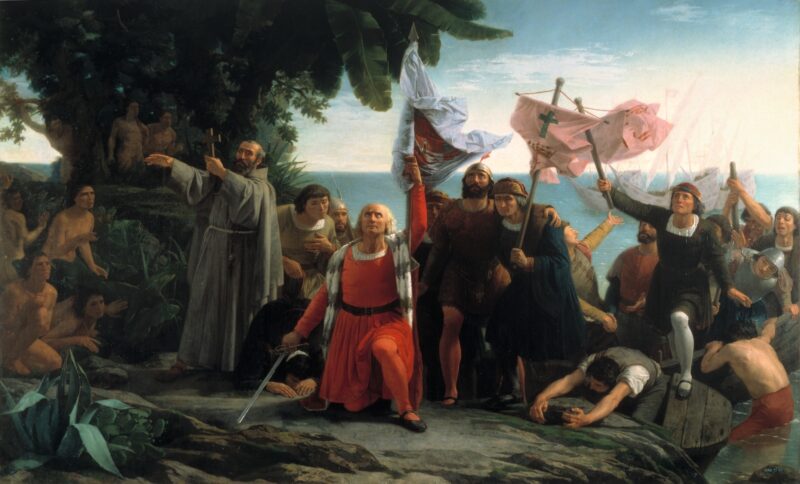As America observes Columbus Day on October 14, 2024, communities across the nation are engaging in a renewed conversation about the historical significance of the holiday and its implications for contemporary society.
Columbus Day was first celebrated in the United States in 1937, established as a federal holiday to honor Christopher Columbus, the Italian explorer credited with discovering America in 1492. The day commemorates Columbus’s voyages across the Atlantic, which paved the way for the widespread European exploration and colonization of the Americas. Initially recognized for its celebratory spirit, Columbus Day was a day of parades, Italian-American pride, and festivities that highlighted Columbus’s contributions to history.
In recent years, several states and cities have opted to rename the holiday Indigenous Peoples’ Day or Native American Day, celebrating the cultures and histories of Indigenous communities instead. As of 2024, more than a dozen states and numerous municipalities have adopted this change, reflecting a broader societal shift toward acknowledging the complexities of American history.
As Columbus Day approaches, schools and universities are also revisiting curricula to incorporate more woke comprehensive histories that include Indigenous narratives. Educators are focusing on fostering discussions that challenge traditional viewpoints and encourage students to think critically about the past.
Many proponents argue that Columbus’s voyages opened the door to the exchange of ideas, cultures, and trade between the Old and New Worlds, laying the groundwork for the rich tapestry of global interaction that defines our world today. Supporters emphasize the importance of recognizing Columbus as a symbol of courage and adventure. “Columbus Day is a celebration of human endeavor, curiosity, and the quest for knowledge,” says Maria Rossi, chair of the Columbus Day Committee in Chicago. “It’s about honoring our heritage and the contributions of Italian-Americans who have helped build this nation.”
As Columbus Day 2024 approaches, supporters hope to reinvigorate the conversation around the holiday, encouraging Americans to appreciate the spirit of exploration that led to the formation of the diverse nation we inhabit today. Through education, celebration, and dialogue, they aim to foster a more nuanced understanding of history that honors all perspectives while celebrating the adventurous spirit that propelled humanity forward.
By: DNU staff

